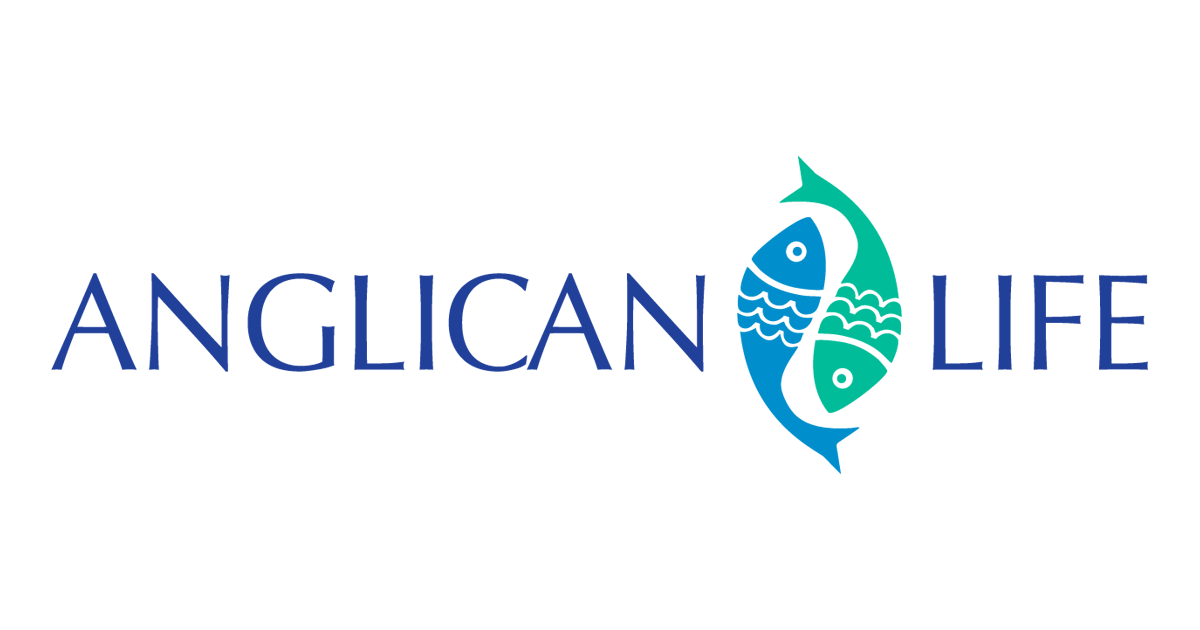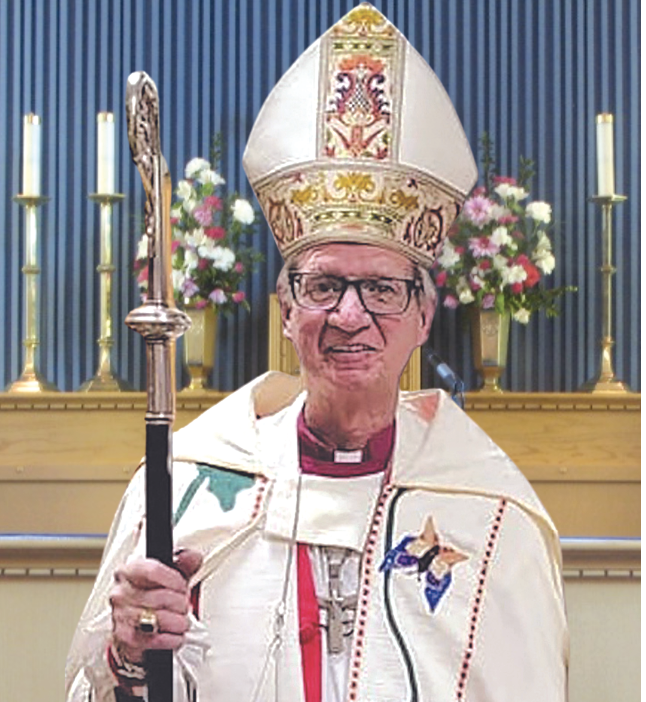I write this for you shortly after the most recent House of Bishops meeting. Traditionally, we gather both spring and fall at Mount Carmel Monastery in Niagara Falls. It is a week of listening, reflecting, sharing, taking council, and to welcome new bishops. House of Bishops gatherings have importance in that they are times that all Canadian bishops can be together. We always remember that bishops are to be the outward and visible sign of unity in the Church. The movement of the Holy Spirit as comforter and challenger is obvious there.
COVID has consigned the last few meetings to the Zoom platform, so we have tried our very best to keep the commitments of time and attention required to get the most from each gathering. This gathering had many breakout groups for study, discussion, sharing, and prayer.
There were many and diverse discussions, but for the purpose of this reflection, out of the many topics we covered, one in particular had been calling to me for some time. It was pointed out that in our time, most of us are not aware of the particulars, concerns, challenges, or strengths of the many contexts that exist within the Canadian Church. We are all caught up in our local contexts, because that is where we live. It’s easy to pay lip service to issues of deep concern to others, such as human trafficking, systemic racism, colonial superiority, vaccination inequity, poverty, and the wounded lives of sexually diverse people.
There is, no doubt, a general impression that we have affinity, and even have concern for each other, but how deep do the connections go?
To provide a frame of reference: Archbishop Mark Macdonald, who is the Canadian National Indigenous Anglican Archbishop, shared stories of several clergy who have died because of COVID-19, within the context of narratives of intricate difficulties indigenous communities are facing. Other dioceses have been unable to worship since the onset of the pandemic. Many churches are in financial turmoil. Many Canadians live in fear.
Meaningful narratives, locally and internationally, are unfolding all around us, and unless we make a concerted effort to engage and listen to each other, I fear we will lose the larger voice of the Spirit in our midst. If we think our context is the most important, enlightened, and superior, of all our opinions will be formed by that unholy bias. I think of Philippians 2:3: “Do nothing out of selfish ambition or vain conceit. Rather, in humility value others above yourselves.”
Shortly after I became a bishop, I was drawn into a whirlwind of education and discussion around indigenous peoples, and their perspectives around the history of oppression and colonial deprivation. You can imagine that I was hearing stories from all sides. I tried very hard to lay aside my biases, to learn, and to do what I could to be sincerely helpful and authentic as a brother in Christ. How did I do?
Let’s see.
In one of my writings, I referred to the ongoing processes in the indigenous community of faith as, “our indigenous people.” Shortly after, I received a very gracious and private email from an indigenous person, asking if I would share in a conversation. Of course, I accepted. The conversation was occasioned by my use of the possessive “our indigenous people.” The person indicated that for many indigenous people, such a statement indicated a white person’s assumption that colonial rule was still the norm. It was a painful reminder to them that white folks somehow think they still “owned” and had control over them. In response, I was able to share part of my life narrative, and how through Jesus finding and rescuing me, I was brought home to the Church. The Church became my family, where all were included. I developed a sense that Church was a place for “us”, and it was “ours” together.
My new friend actually understood where I was coming from. I appreciated that, I can tell you. No one wants to be labelled a racist. The grace of the conversation allowed me to see the “other side” of the story. It went deep into my heart.
In short, it was a very powerful conversation; we both were able to accept healing, wisdom, and counsel from each other. I was rebuked with wisdom, love, and patience. It changed me. It blessed me. It helped me grow.
When I look further afield and reflect, and I have certainly been doing a lot of that over these past months, and I find my self hoping and praying that somehow, we, as a Church and as individuals, will leave behind a story of grace and wisdom for the next generation. What will they think of us? Will they think all of our pronouncements and declarations from our lofty perches to be authentic expressions of concern and commitment to change, or just hollow protections of our own egos?
Please recall what I said at the beginning of this article: “in our time, most of us are not aware of the particulars, concerns challenges or strengths of the many contexts that exist within the Canadian Church.” That applies to our living in a global community as well.
Let me challenge you with this: true involvement in people’s lives requires more than my opinion about them, how they feel or how they should feel. It requires engagement and authenticity. It requires a self-emptying, similar to that modelled by our Saviour on the cross. We must offer our time, our money, and our egos, simultaneously relinquishing privileged power and authority. We must always be in a process of becoming the student, not being the teacher. It’s risky, and we are going to make loads of mistakes; but authentic friendships will get us through.
As for me, whenever I use the words “our,” “we,” or “us,” I am growing in realization that regardless of my very difficult childhood, I speak and think from white formation, in a privileged white system that is systemically racist.
By extension, none of us should ever never forget that which causes us to view one another in the mixtures of opportunity, contexts, and wealth in our own contexts. My judgement is biased. Is yours? I will be journeying, struggling, and working with that understanding for the rest of my life.
I have been blessed by many wounded people who have every right to see me as part of a racist system. I have discovered that if we are willing to take the role of a student at the teacher’s feet; truly listening to the stories of context, pain, injustice and life situations with gentleness and respect, change happens in blessed and dramatic ways.
I thank God for the offerings of patience, inspiration, gentleness, humour, and respect I have received, and I pray a blessing on our conversations. A blessing of the deepest kind.




